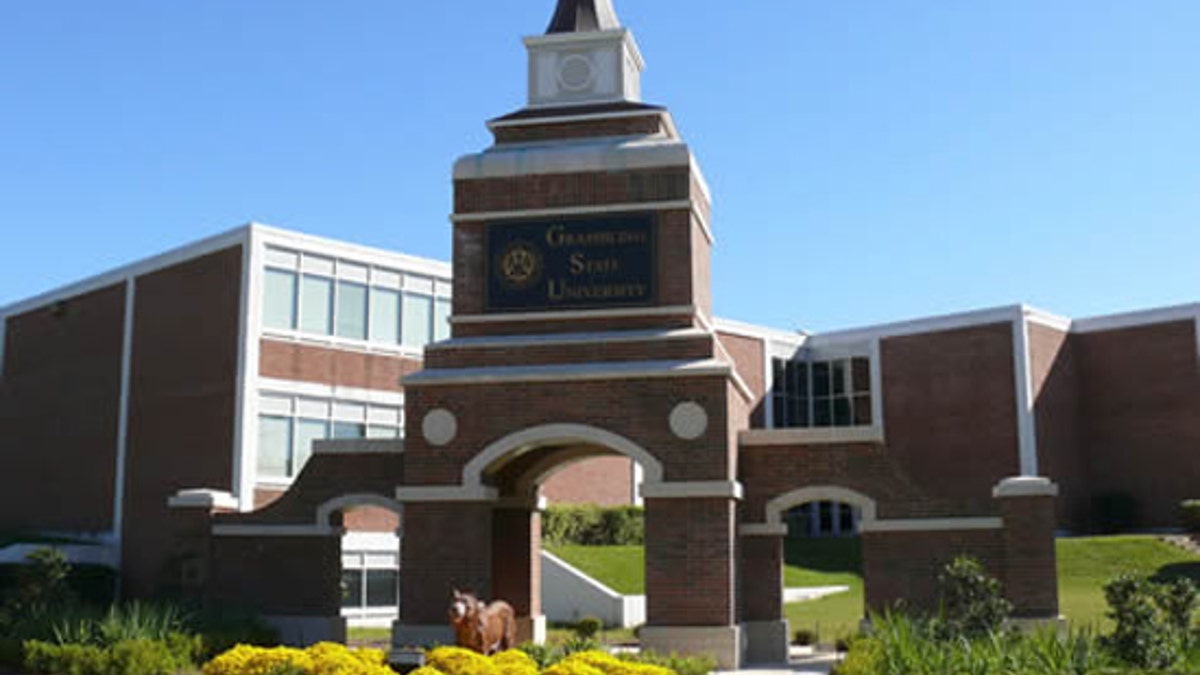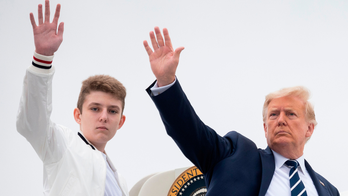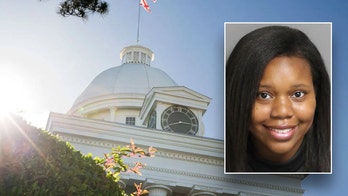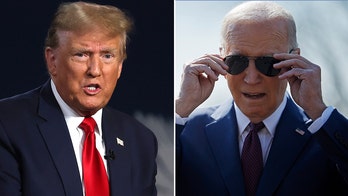
Grambling State University has banned its students and faculty members from forwarding "campaign solicitations" using the school's e-mail system, contending it is a violation of state law because it would amount to an institutional "endorsement" of a campaign. (GSU)
Weeks ahead of a crucial midterm election, Grambling State University in Louisiana has banned its students and faculty members from forwarding "campaign solicitations" using the school's e-mail system, contending it is a violation of Louisiana law because it would amount to an institutional "endorsement" of a campaign.
Orders to withhold forwarding election-related e-mails were made in July, but when the public university's school year started, free speech advocates and at least one political candidate questioned whether the policy would be withdrawn.
"We would hope the university would make it clear what student involvement (in politics) should be," said Robert C. Wiley, an independent mayoral candidate in Grambling who filed a complaint against the university with the American Civil Liberties Union and the student advocacy group Foundation for Individual Rights in Education (FIRE).
"Just like they made it clear in an e-mail blast, you should right your wrong and make it known you have a right to participate in elections and endorse candidates. You don't have to sneak and hide and the university should make it known," Wiley told FoxNews.com.
In July, the university notified students and faculty members of the ban.
"Individuals who receive political campaign solicitations via university email are advised to delete these emails upon receipt," the school's office of media relations wrote in an e-mail obtained by FIRE.
"DO NOT FORWARD campaign solicitations using university email as this implies your support for the candidate and may be viewed as utilizing university resources for solicitation purposes, a violation of state policy," reads the e-mail.
The ban comes as Louisiana voters prepare to cast ballots in statewide races for lieutenant governor, seven congressional seats and the contested Senate seat held by Republican Sen. David Vitter.
FIRE sent a letter to Grambling State contending that the ban is a violation of state law and the U.S. Constitution because students and employees have a right to express their support for political candidates.
"We hope public support for those rights will persuade them to abide by Louisiana state law," said Adam Kissel, vice president of programs at FIRE, which sent a letter to the university's president on Sept. 1 advising him that his policy is unconstitutional.
The school has not replied to the letter despite the group's request for a response by Sept. 15.
But a university spokeswoman wrote in an e-mail to FoxNews.com that Grambling State "does not prohibit students or employees from political expression."
The spokeswoman, Vanessa Littleton, included in the e-mail a copy of the school's e-mail use policy. It states that the school's e-mail system cannot be used "for the creation or distribution of any disruptive or offensive messages, including offensive comments about race, gender, hair color, disabilities, age, sexual orientation, pornography, religious beliefs and practice, political beliefs, or national origin."
Anyone found to have violated the policy is "subject to disciplinary action," the e-mail reads.
"In light of the questions presented by FIRE, the university is communicating on this matter with legal counsel and the governing board," Littleton wrote. "To ensure the Grambling State University community is fully aware of the university's policy, email use policies are being redistributed."
Grambling State is not the first university to ban political activity. During the 2008 election cycle, the University of Oklahoma banned "the forwarding of political humor and commentary" via e-mail and the University of Illinois prohibited political buttons, T-shirts, bumper stickers and campaign literature. Both backed down under pressure from FIRE.
Kissel told FoxNews.com that the university's lack of response to FIRE's letter is unusual, and it is planning to send a second letter.
"We almost always get a response from the university," he said, explaining that they usually reverse their policies once they have been brought to light. "We find that universities usually choose not to do in public what it tried to get away with on campus."
In the letter to GSU President Frank Pogue, FIRE argued that a public university cannot prohibit political speech by students and faculty members.
"GSU's inexact prohibition of student and faculty speech goes significantly beyond what is required by state law," the letter reads. "In so doing, GSI unconstitutionally violates the right to free speech in the First Amendment to the United States Constitution, a right which GSU, a public university, is required to uphold."
The group also indicated it wasn't going to back down .
"FIRE hopes to resolve this situation amicably and swiftly," the letter reads. "We will continue to pursue this matter, however, until GSU reaffirms the First Amendment right it is morally and legally obligated to uphold."
Wiley, the Grambling mayoral candidate, said the stakes are high with local and midterm elections this year, the governor's race next year and the presidential race in 2012.
"We have to get students involved in this electoral process," he said. "If we don't get students involved, then higher education will always be treated like a stepchild."




